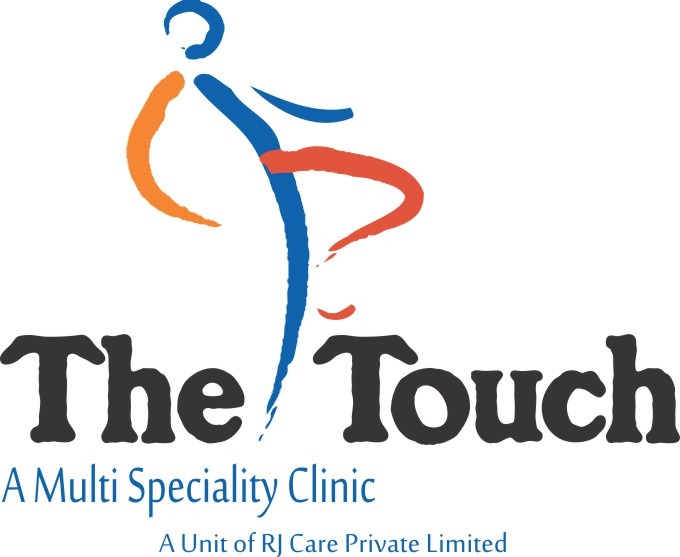IVF and PCOS: Managing Fertility Challenges

Polycystic Ovary Syndrome (PCOS) is a prevalent endocrine disorder affecting women of reproductive age, often leading to fertility challenges. Characterized by irregular menstrual cycles, excessive androgen levels, and polycystic ovaries, PCOS can make natural conception difficult. However, with advancements in assisted reproductive technology, especially In Vitro Fertilization (IVF), there are effective solutions for women facing PCOS-related infertility. At The Touch Clinic, Dr. Preeti Jindal and her team provide expert care and support to help manage these challenges.
Understanding PCOS and Its Impact on Fertility
PCOS affects how a woman’s ovaries work, leading to irregular ovulation or even anovulation (absence of ovulation). This significantly reduces the chances of natural conception. Additionally, PCOS can affect the quality of eggs, further complicating the process of conception. Managing PCOS infertility often requires a multifaceted approach, combining lifestyle changes, medication, and sometimes, assisted reproductive technology like IVF.
IVF: A Viable Option for PCOS
IVF has proven to be a successful treatment option for women with PCOS who face infertility. The IVF process for PCOS typically involves several steps designed to enhance the chances of conception:
- Ovarian Stimulation: Medications are used to stimulate the ovaries to produce multiple eggs. Women with PCOS might need careful monitoring to avoid ovarian hyperstimulation syndrome (OHSS), a potential risk due to the already high number of follicles in the ovaries.
- Egg Retrieval: Once the eggs are mature, they are retrieved from the ovaries using a minor surgical procedure.
- Fertilization: The retrieved eggs are fertilized with sperm in a laboratory setting. This step can be particularly beneficial for women with PCOS, as it bypasses the difficulties of natural fertilization.
- Embryo Transfer: After fertilization, the best-quality embryos are selected and transferred to the uterus.
- Pregnancy Test: About two weeks after the embryo transfer, a pregnancy test is conducted to determine if the IVF process was successful.
Improving IVF Success with PCOS
To improve the chances of IVF success with PCOS, Dr. Preeti Jindal at The Touch Clinic employs several strategies:
- Weight Management: Maintaining a healthy weight through diet and exercise can improve ovulation and the overall effectiveness of IVF.
- Medications: Insulin-sensitizing medications like metformin can help regulate menstrual cycles and improve the hormonal environment for ovulation and embryo implantation.
- Lifestyle Changes: Reducing stress, avoiding smoking, and limiting alcohol intake can positively impact fertility and the success of IVF treatments.
Success Stories and Hope
There are numerous IVF success stories from women with PCOS, showcasing that managing fertility challenges with PCOS is possible. Many women have gone through the IVF journey and have successfully conceived, bringing hope to others facing similar struggles. Sharing these stories can provide encouragement and inspiration to those considering IVF as a solution for their fertility issues.
For women with PCOS, infertility can be a significant challenge. However, IVF offers a promising solution. With proper management and the right medical support, many women with PCOS can achieve their dream of having a baby. If you are struggling with PCOS and infertility, consult with a fertility specialist to explore your options with IVF.
Ready to take the next step in managing your fertility challenges? Contact our expert team today to book an appointment and begin your IVF journey.

 Robotic
Robotic




